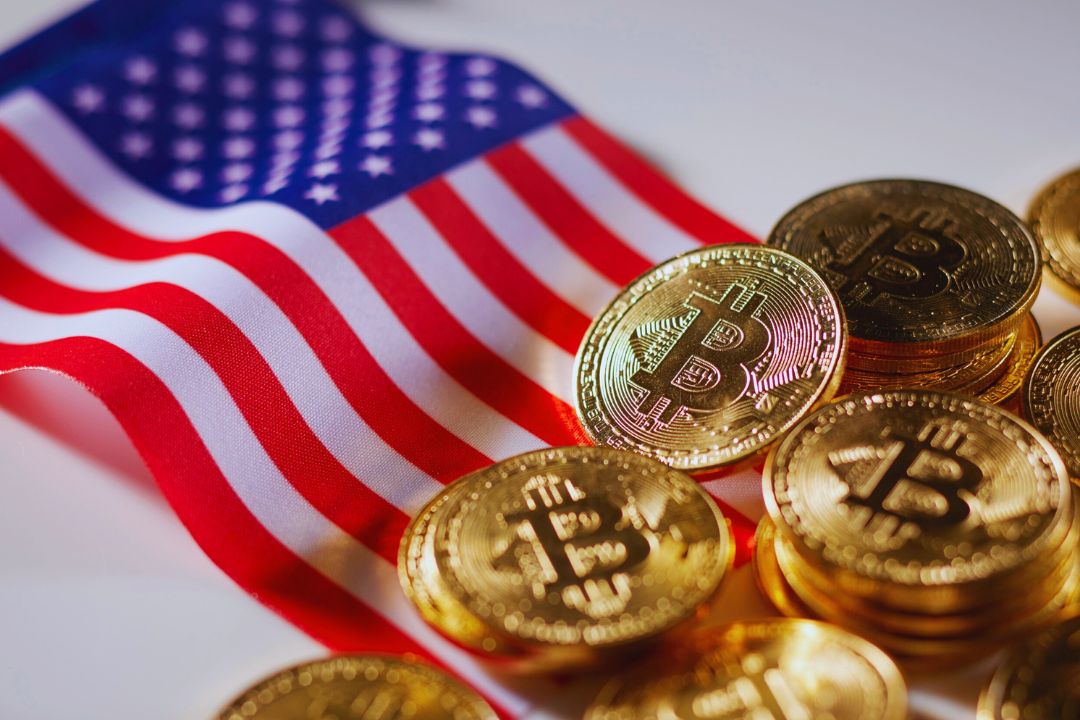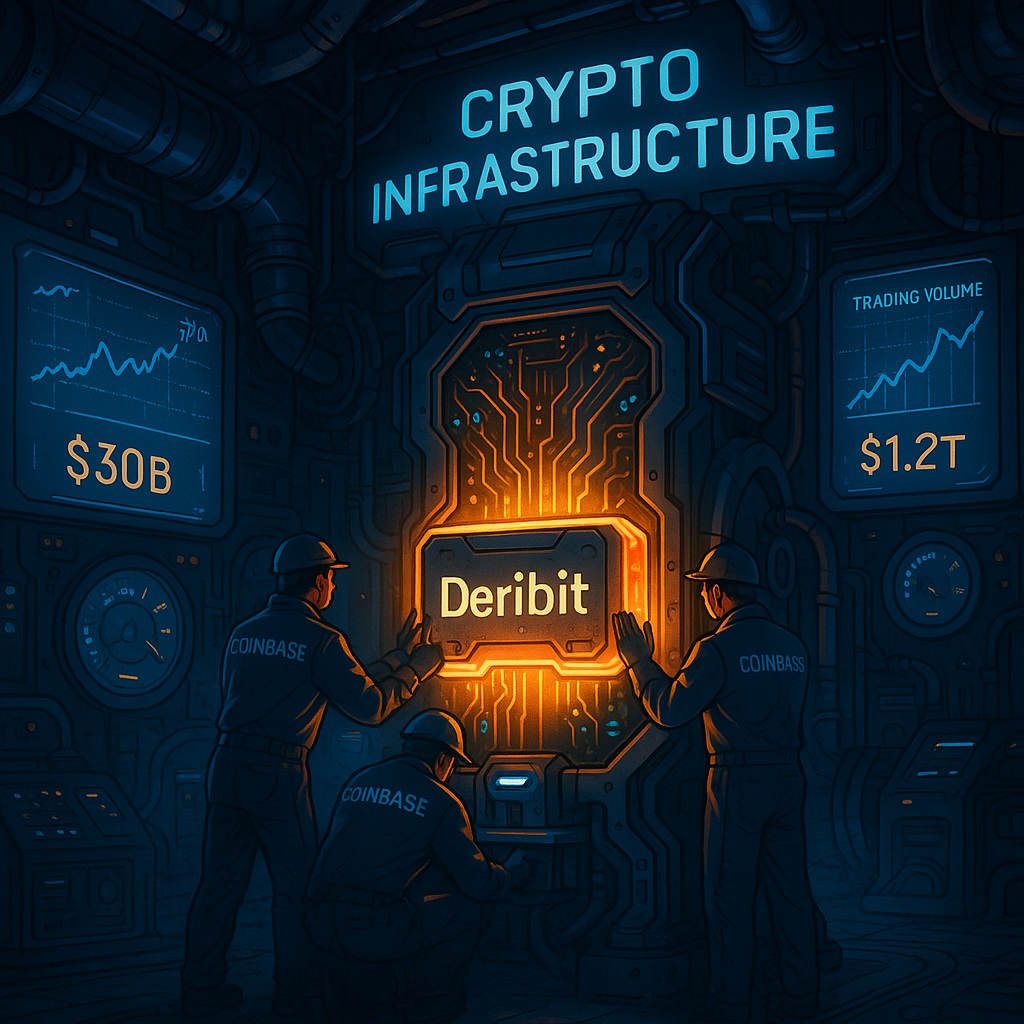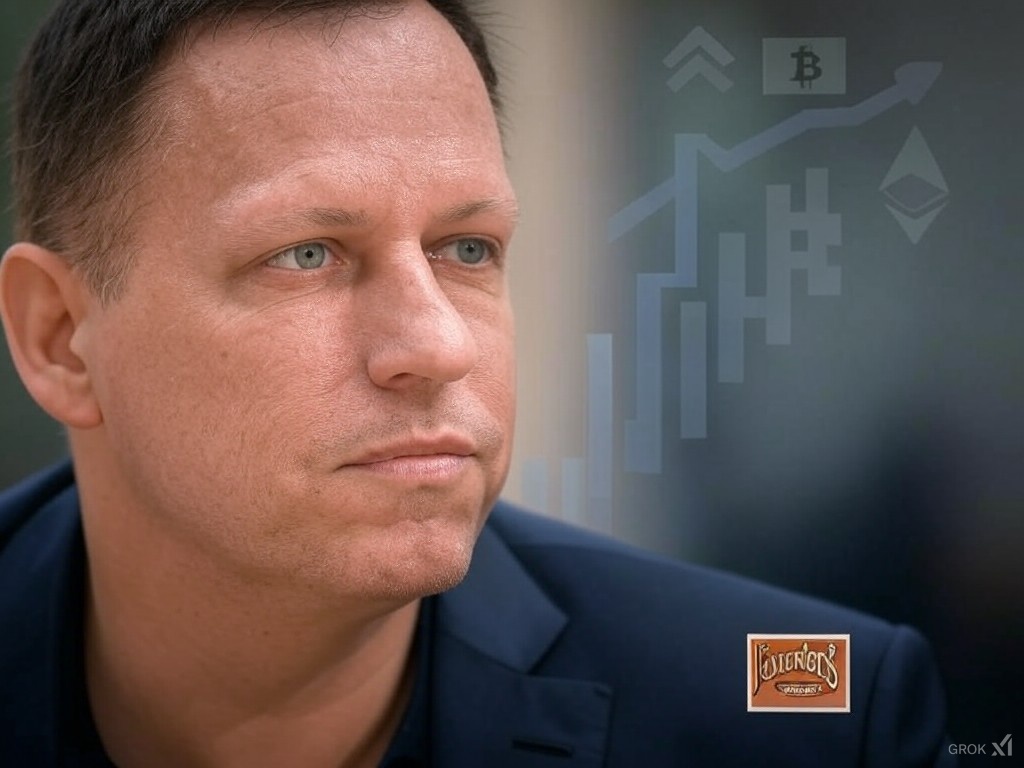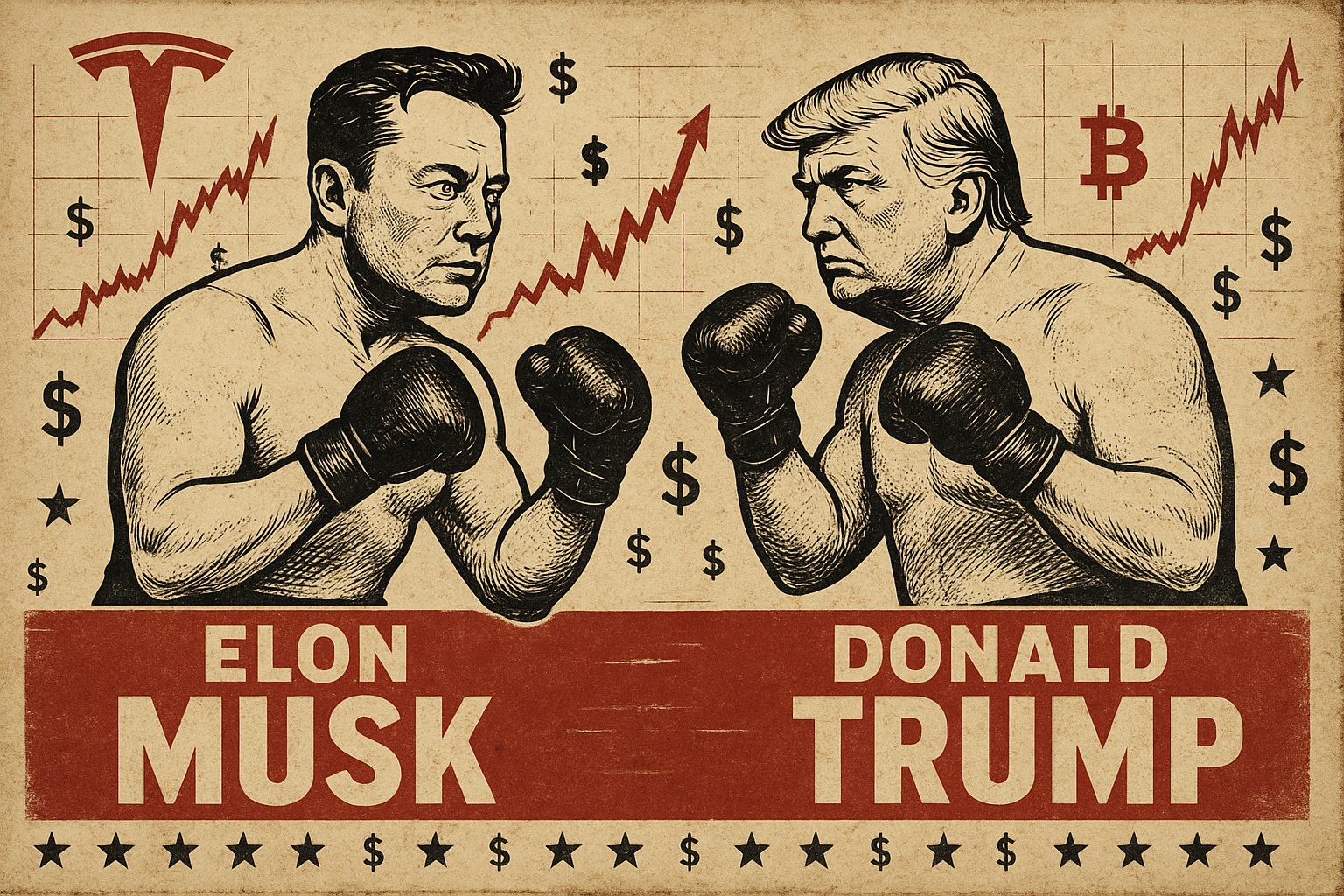Donald Trump has done it again. On March 6, 2025, he signed an executive order creating a Strategic Bitcoin Reserve, effectively making the U.S. government one of the largest holders of Bitcoin in the world. The move sent shockwaves through the crypto community and financial markets alike. Some say it’s a game-changer. Others warn it’s reckless. Either way, this is a historic moment for Bitcoin and the global economy.
So, what exactly does this executive order do? It creates two major government-controlled crypto funds:
- The Strategic Bitcoin Reserve – a long-term storage of Bitcoin, likened to a digital Fort Knox.
- The Digital Asset Stockpile – a separate fund for other cryptocurrencies, though details are still murky.
Why does this matter? Because up until now, the U.S. government typically sold off Bitcoin it seized from criminals. Now, instead of auctioning off assets, it’s holding on. This is a major shift.
The Market Went Crazy
Before the ink even dried, markets reacted. When Trump first teased the announcement on March 2, Bitcoin soared past $94,000, a 10% jump. Then, within an hour of the actual signing, Bitcoin crashed over $5,000. The classic “buy the rumor, sell the news” moment.
It wasn’t just Bitcoin. Cardano skyrocketed 60% at one point, Solana saw wild swings, and XRP holders suddenly had hope again. Traders love volatility, but this level of movement? It was something else.
The Big Questions No One Has Answered
The executive order raises some massive questions:
- Will the U.S. buy more Bitcoin or just hold what it already has?
- What happens if Bitcoin plummets? Does the government take the loss?
- If the U.S. is holding Bitcoin, does that mean less regulation or more?
- Could this be a national security play against China’s digital yuan?
These aren’t minor details. They will shape U.S. financial policy for years to come.
A $17 Billion Crypto War Chest
Right now, the U.S. government has about 200,000 Bitcoin, worth $17 billion. Most of it came from seizures, like the Silk Road case. Before this order, the government sold these assets to fund law enforcement. Now, it’s keeping them.
David Sacks, Trump’s crypto advisor, insists the plan is budget neutral—meaning no taxpayer money will be used to buy more. But critics aren’t convinced.
Stephen Cecchetti, an economist at Brandeis, calls it a dangerous gamble. He compares it to “a homeowner maxing out credit cards hoping to strike it rich.” Others argue that tying government assets to a volatile market is irresponsible.
But crypto believers? They see a new era. The Bitcoin Policy Institute claims this will “solidify America’s financial resilience” as Bitcoin adoption grows. They argue that over time, Bitcoin’s volatility will settle, making it a smart hedge against inflation.
Trump’s Crypto Turnaround
Remember when Trump called Bitcoin a scam in 2021? Those days are long gone. By 2024, he had flipped—attending Bitcoin conferences, accepting crypto donations, and even launching his own meme coin, $TRUMP.
And it’s not just talk. Trump and his sons are deeply involved in World Liberty Financial, a crypto project with its own token. That raises eyebrows. Is this about policy? Or personal interest? Critics say Trump’s crypto enthusiasm might be too personal—a conflict of interest waiting to explode.
The Global Race for Bitcoin Reserves
The U.S. isn’t the only country stacking crypto. Switzerland, Germany, Poland, and even Russia are considering national Bitcoin reserves. But the U.S. move is the most aggressive yet.
Could this start a global crypto arms race? If other nations follow, we might see a Bitcoin liquidity crisis—where demand outstrips supply, driving prices up.
Or, if the experiment fails, it could serve as a warning: Governments shouldn’t mess with volatile digital assets.
What Comes Next?
Trump’s administration is hosting a White House Crypto Summit on March 7. Expect more details on how they plan to manage this Bitcoin stash. Will they stake it, lend it, or just hold? What about regulations?
This move could redefine the relationship between crypto and government. It could make Bitcoin a legitimate asset class, pushing more institutional investors into the market. Or, it could backfire spectacularly, proving once and for all that crypto and government should stay far apart.
One thing is clear: The U.S. just changed the game. What happens next is anyone’s guess.



